Teachers are in high demand across Australia. If you are curious about becoming a teacher in Australia we are going to do a state-by-state breakdown of the path to take over the coming weeks. We hold similar requirements for our educators as the various states do for registered
teachers. In fact most of our educators are registered teachers who prefer to work one-on-one with students rather than a classroom setting.
If you would like to join our educator team, or are curious about becoming a registered teacher, read on to learn more!
Read More…

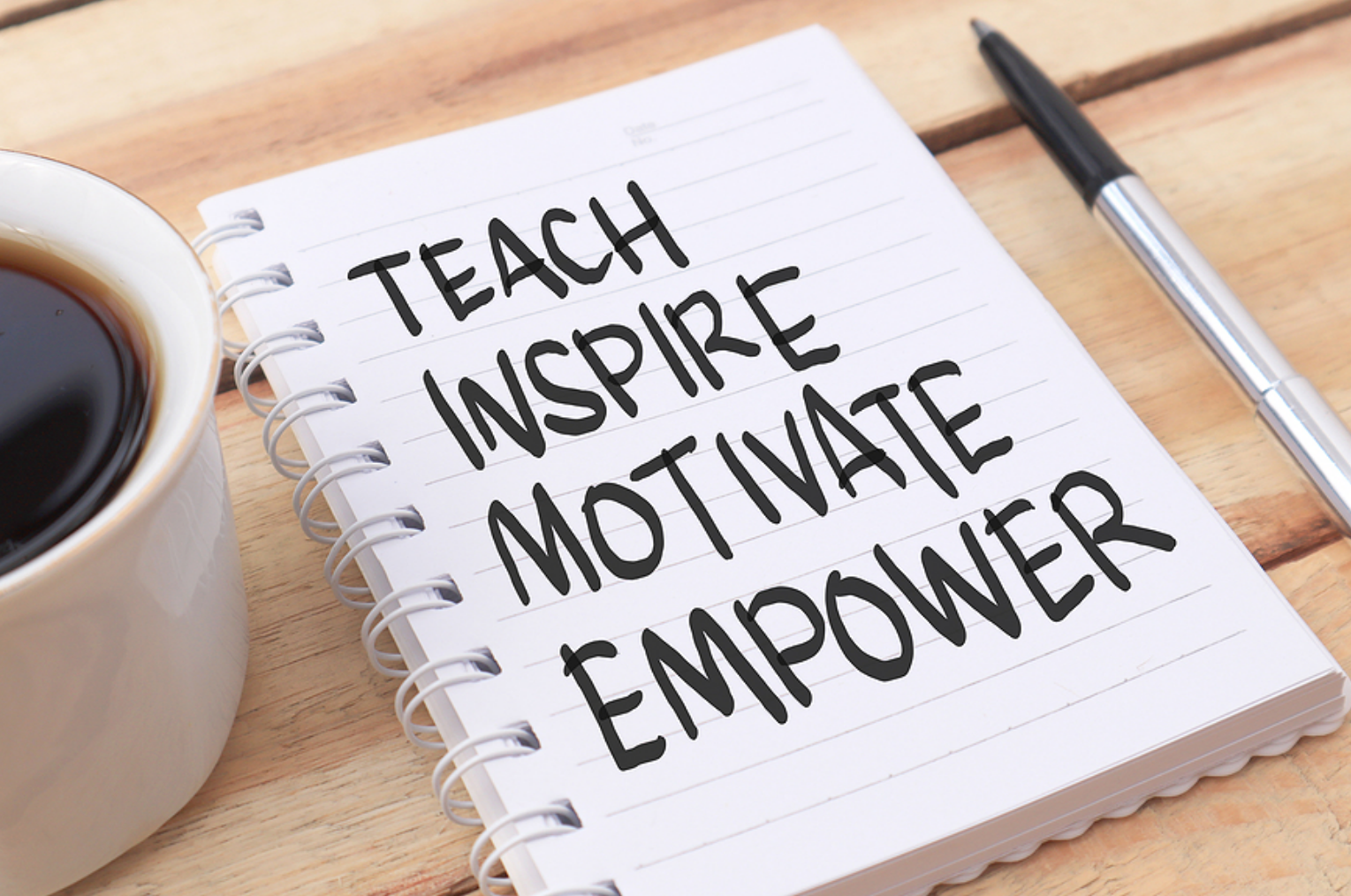
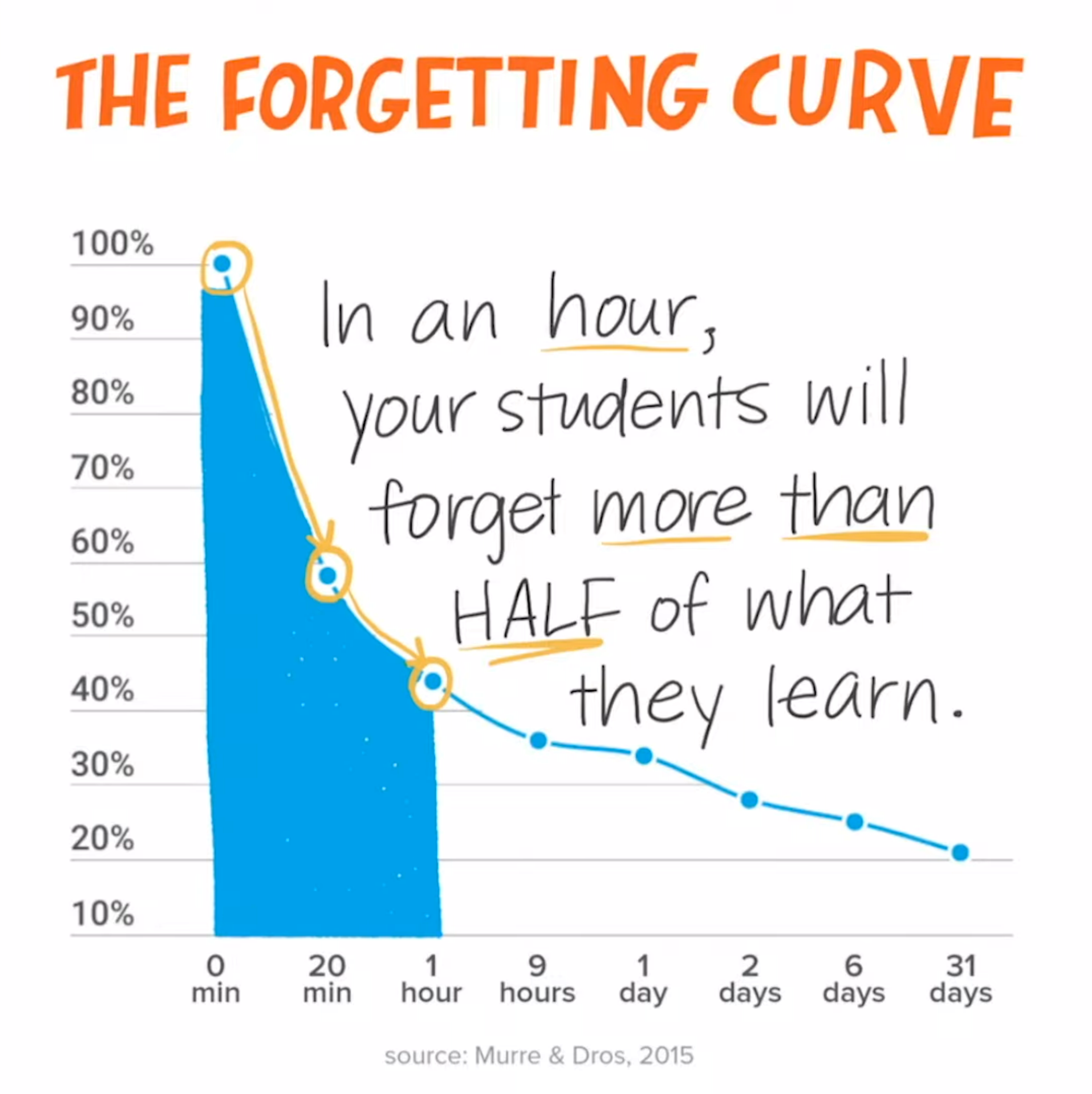

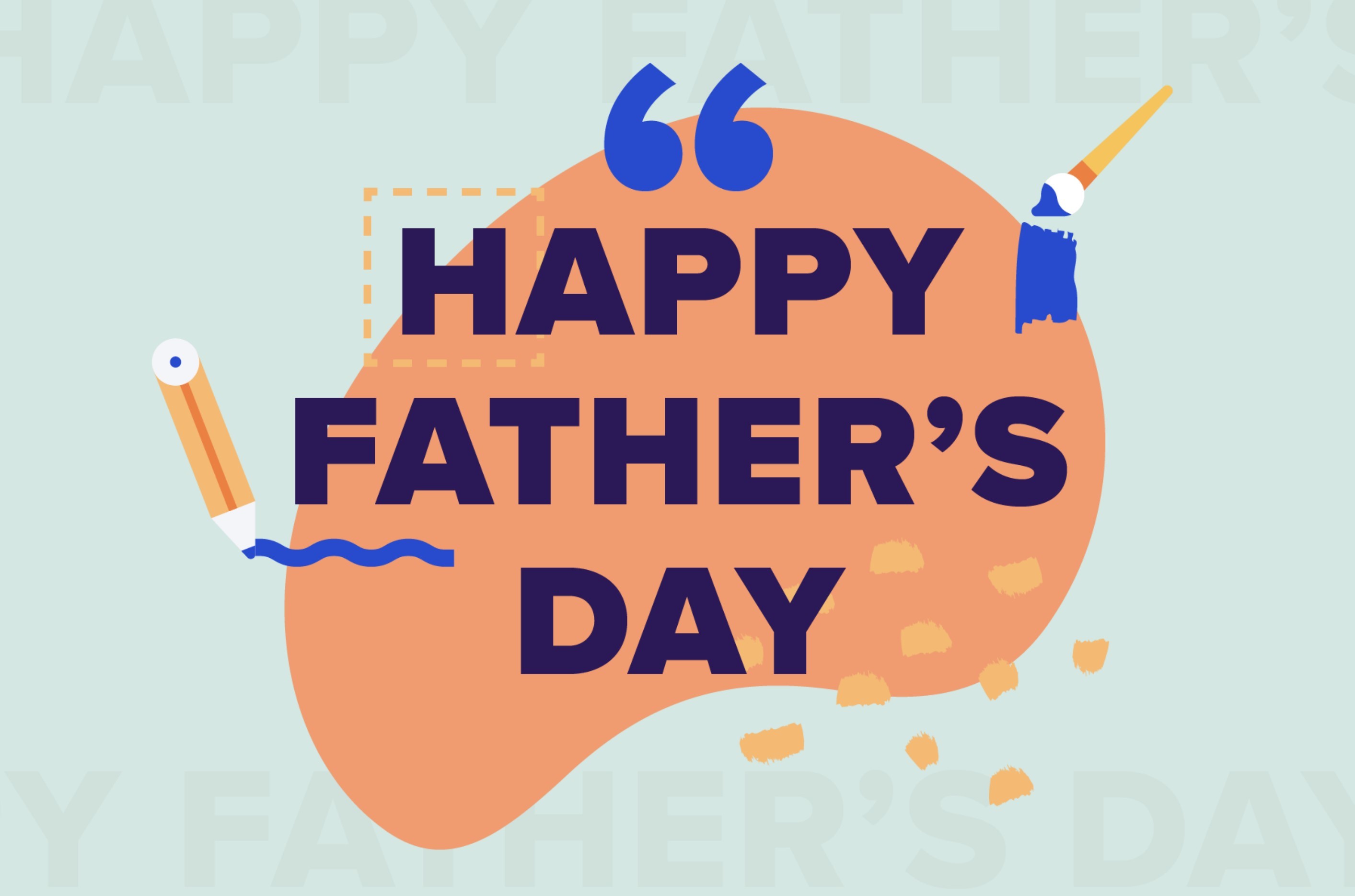


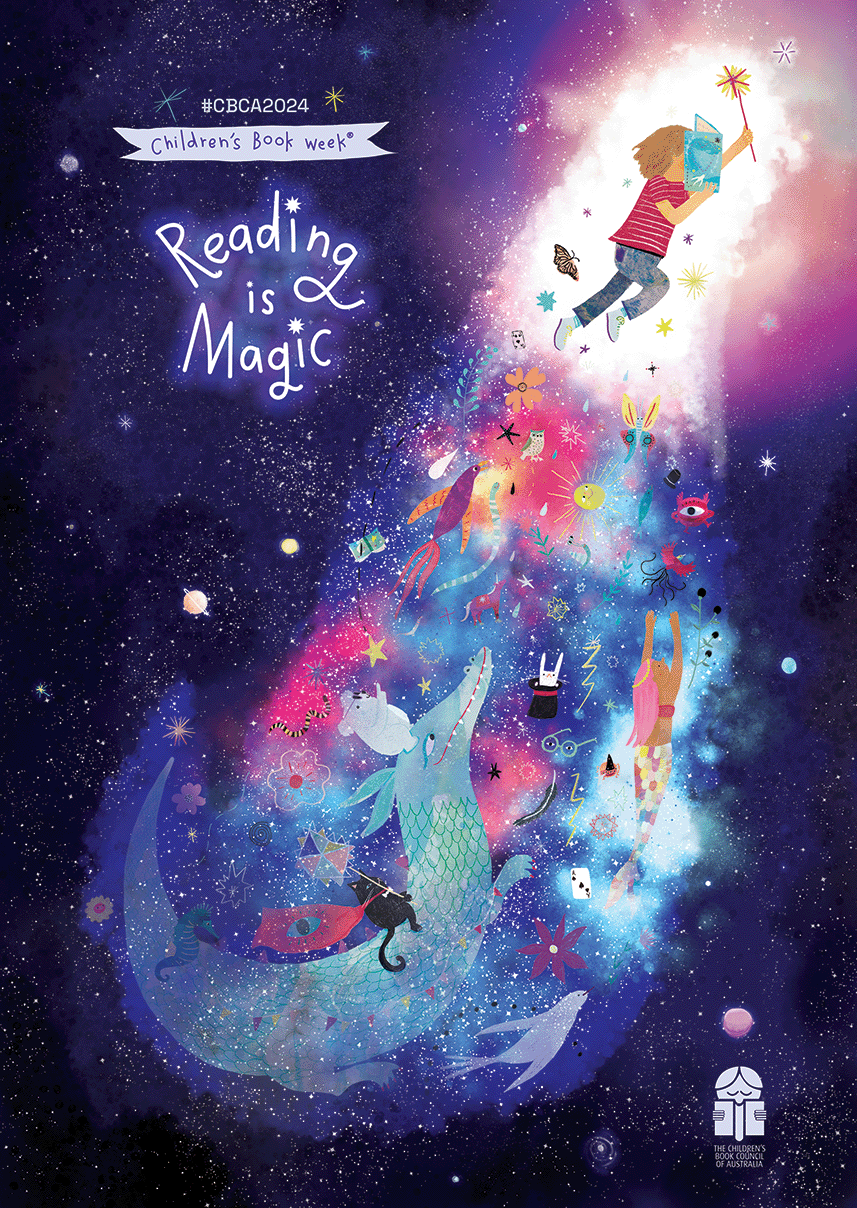
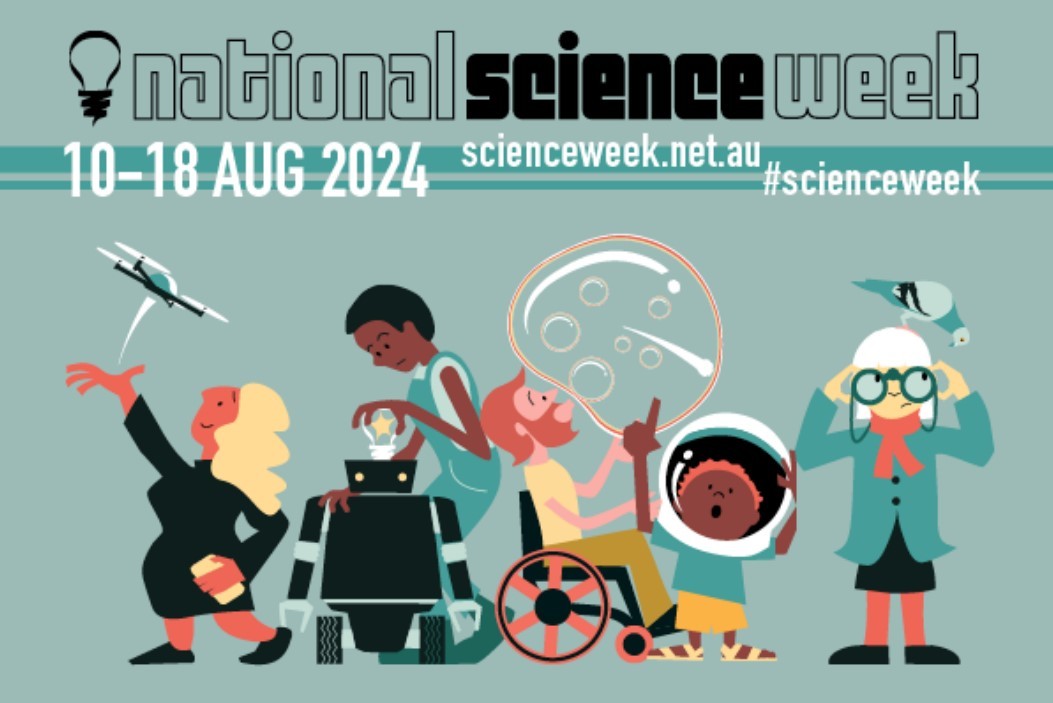
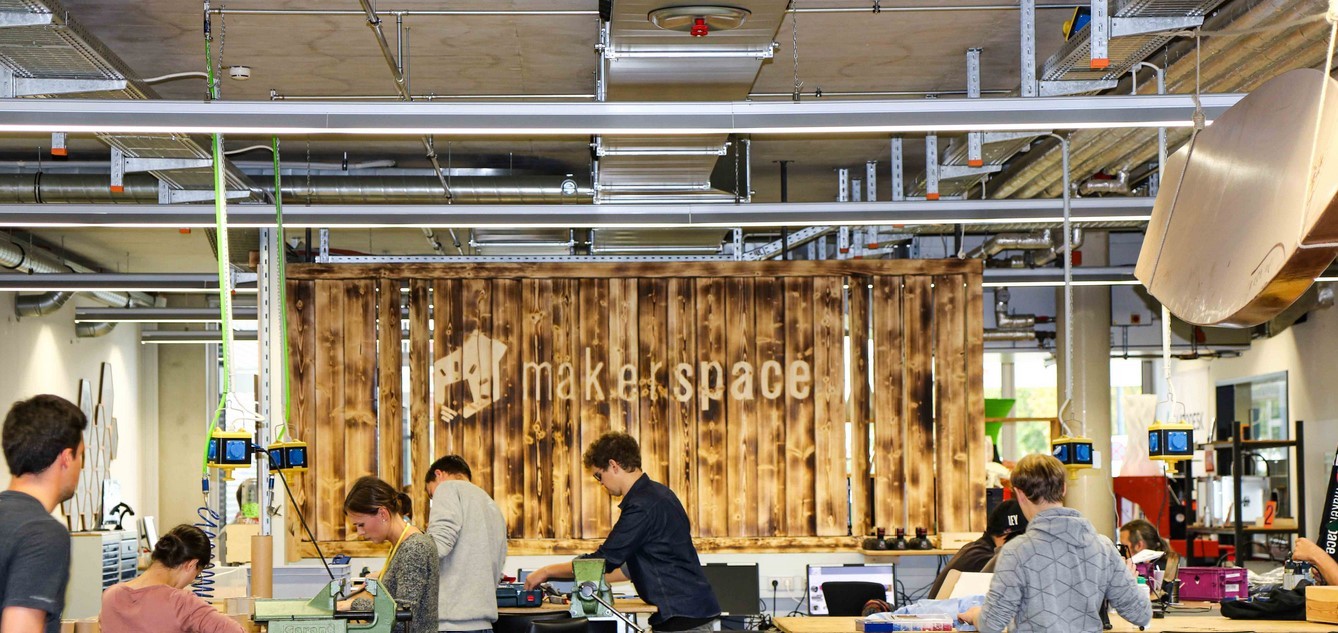
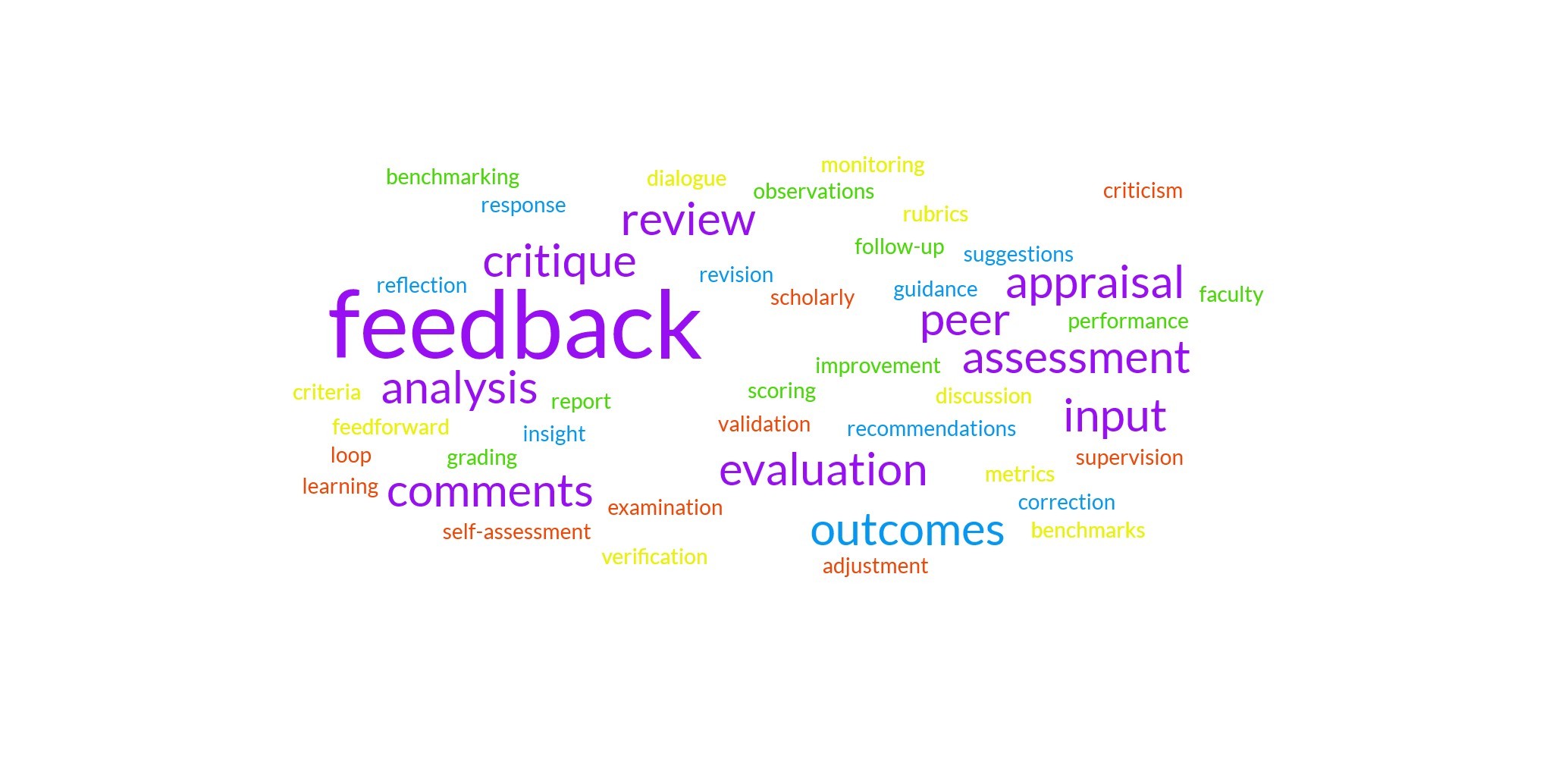
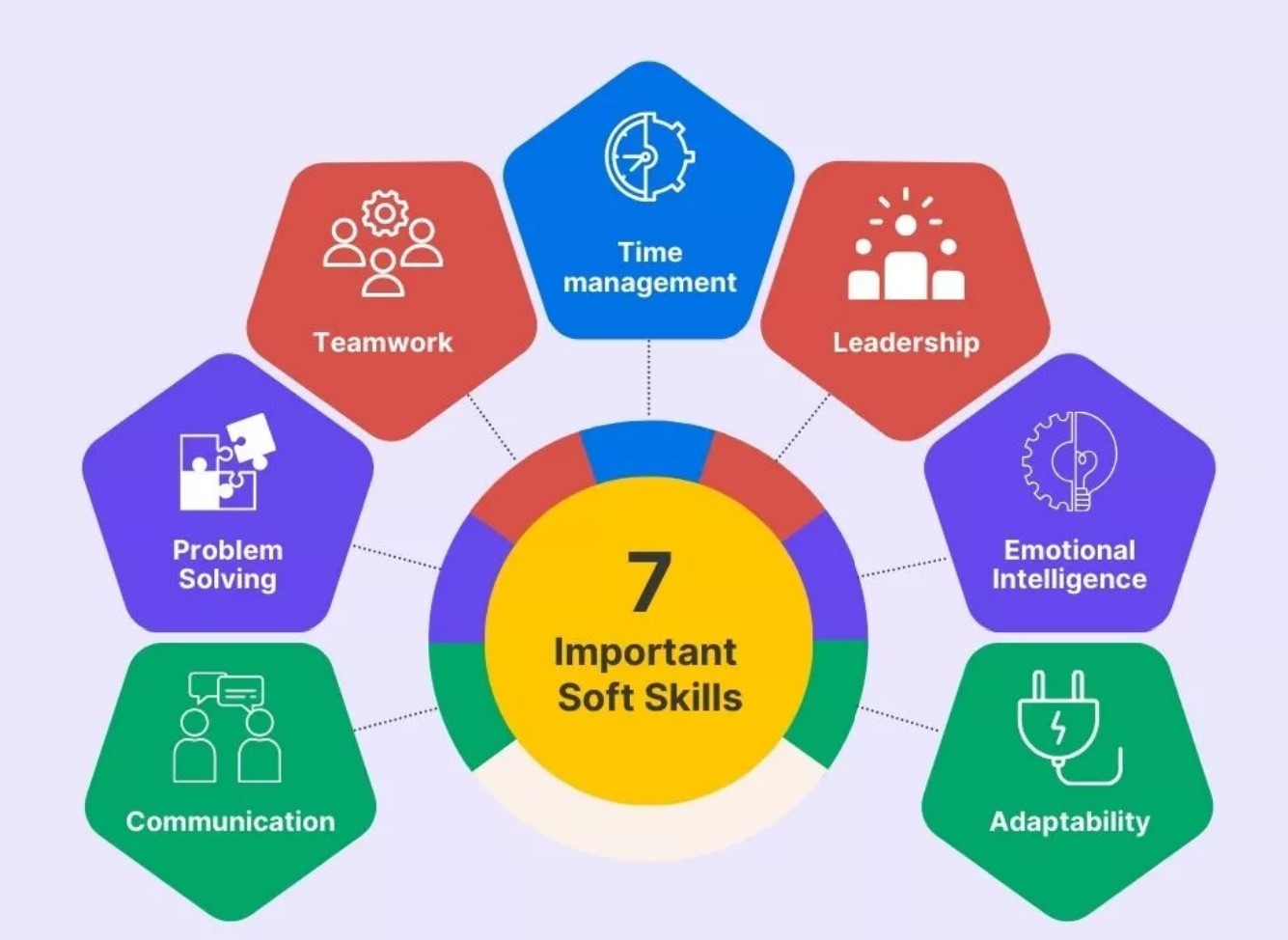
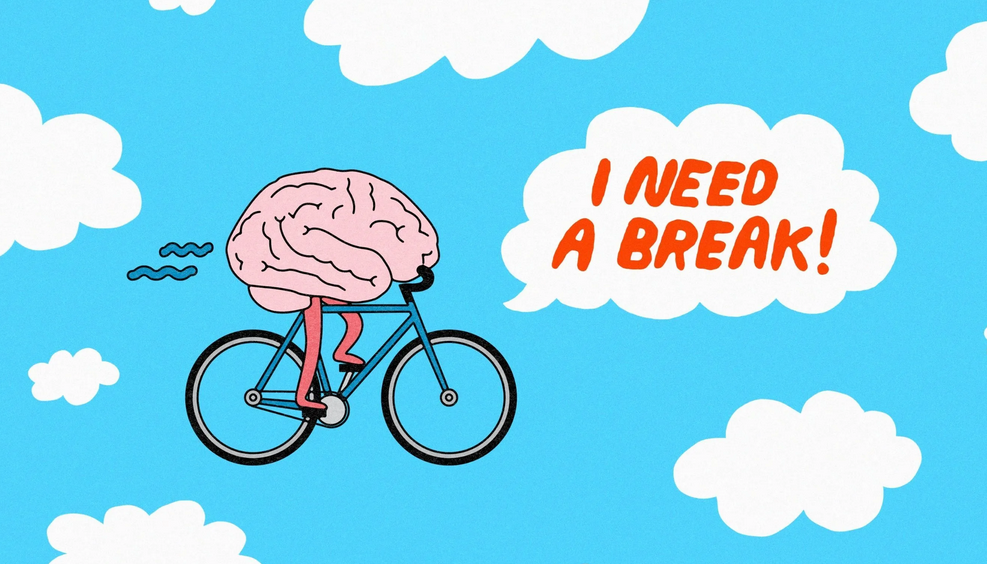




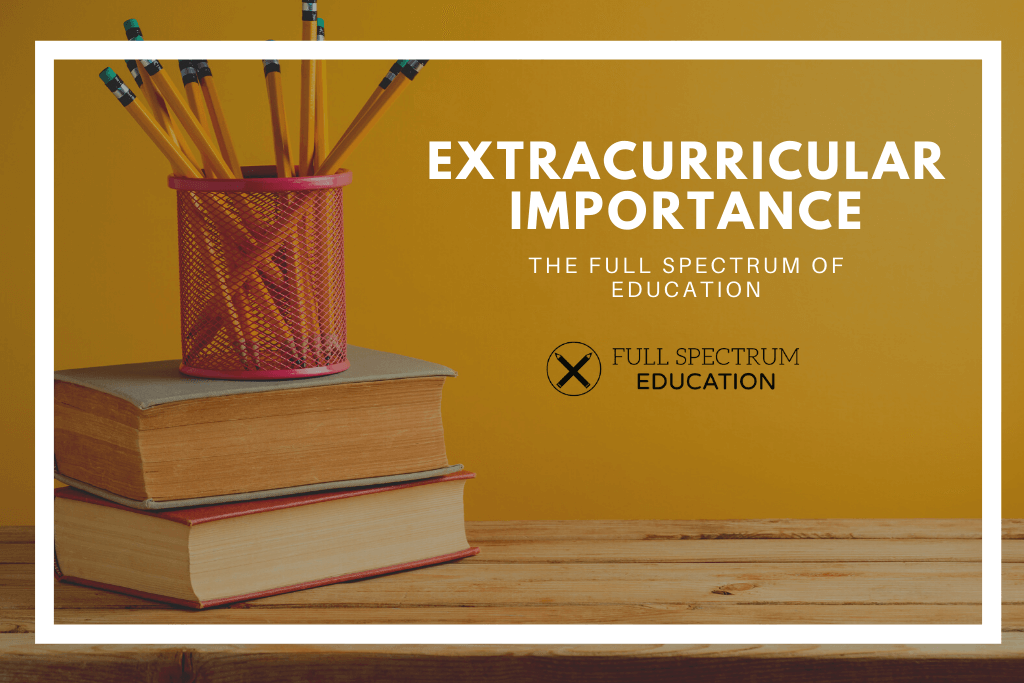







.png)



.png)



.png)

.png)
.png)
.png)


.jpg)

.jpg)

.jpg)
.jpg)














